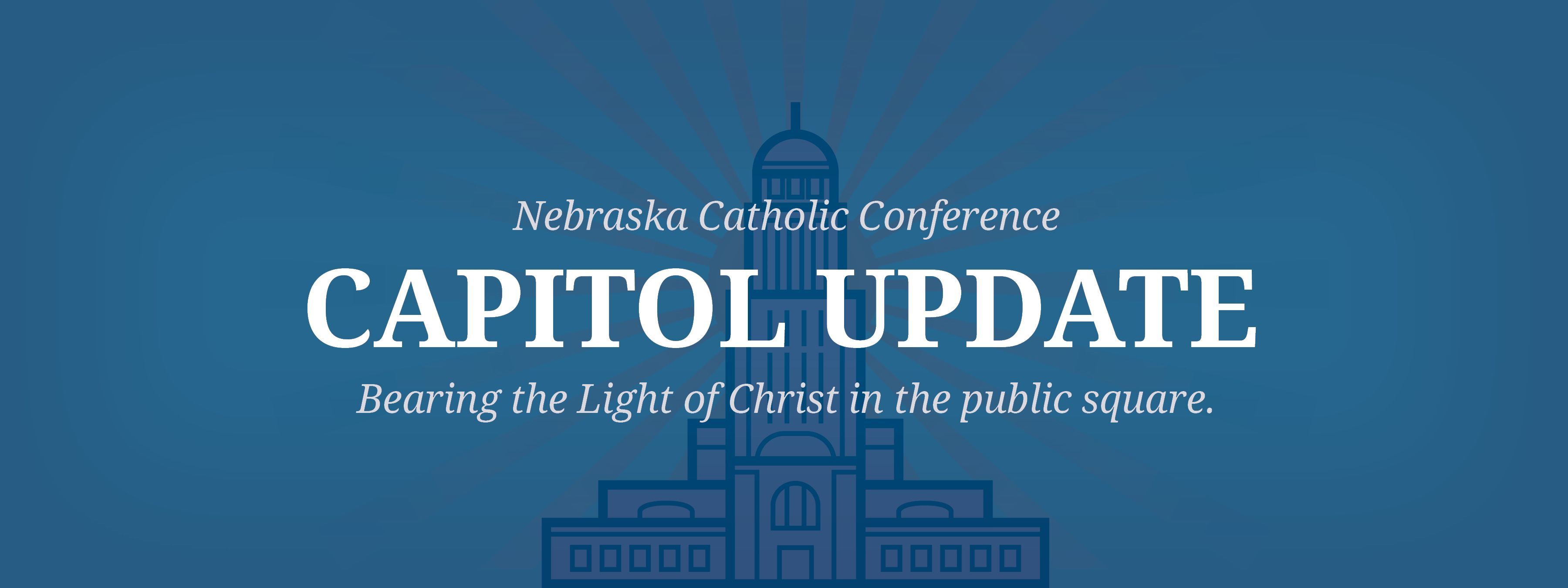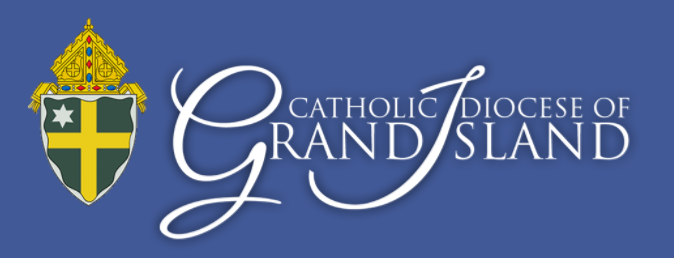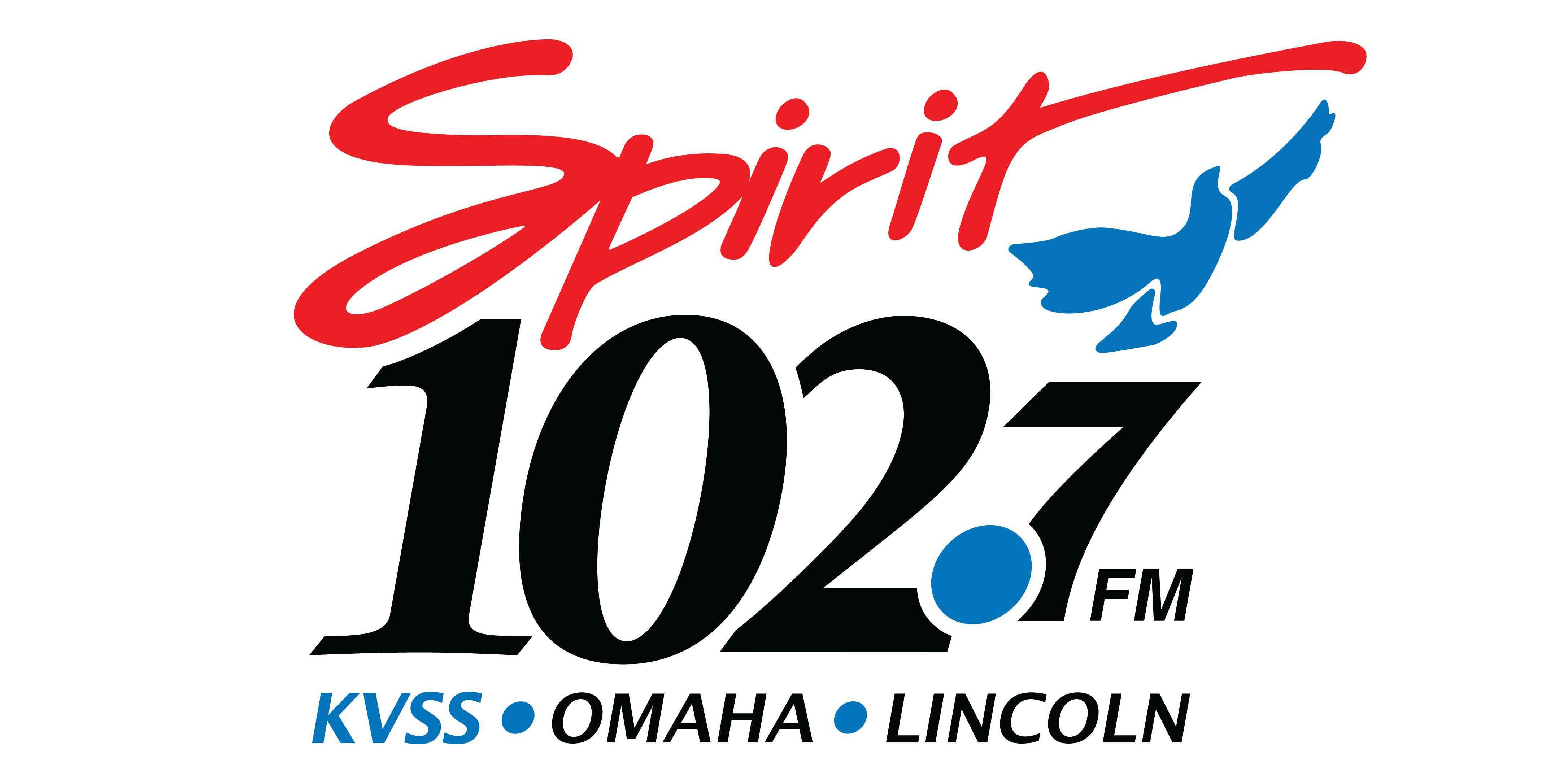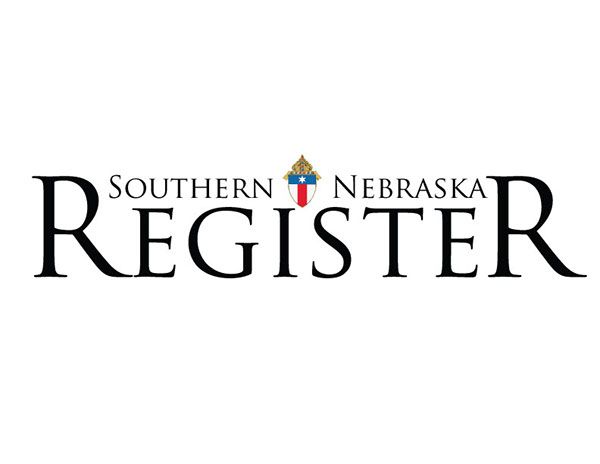Earlier this week, the Opportunity Scholarships Act (LB670) received three hours of debate by the entire legislature. School choice proponents and opponents held a civil and robust debate, covering a variety of policy issues related to LB670.
For the bill to receive an additional three hours of debate, Senator Lou Ann Linehan, LB670’s sponsor, must demonstrate she has 33 votes to overcome a filibuster. Absent such a showing, the Speaker of the Legislature will not reschedule the legislation. During debate, Sen. Linehan promised she would work hard throughout the legislative interim to garner the necessary support to revisit the issue next January.
Throughout my columns on scholarship tax credit legislation, I have often focused on the message of school choice proponents, but today I would like to begin focusing on the main arguments put forward by school choice opponents.
Since each of the opponent’s arguments is sophisticated, it is only fair to offer the best and strongest interpretation of each argument and then provide a thorough response. For this reason, I’ll use this column as a point of departure for future coverage of other misconceptions. The hope is that this more extensive treatment will help more broadly educate us all on both sides of this issue.
Misconception 1: LB670 as Unconstitutional. In his opening remarks during debate, Sen. Rick Kolowski of West Omaha argued that LB670 would be ruled unconstitutional if signed into law. In support of his claim, Sen. Kolowski cited Nebraska’s so-called Blaine Amendment (Article VII, Section 11). To summarize, this constitutional provision prohibits appropriation of public funds from being made to schools not exclusively owned or operated by the state.
Sen. Kolowski’s claim of unconstitutionality fails to recognize the plain language of the Blaine Amendment and the extensive litigation that has clarified its meaning.
First, the Blaine Amendment prohibits the “appropriation of public funds.” However, LB670 is not concerned with appropriating public funds. Instead, LB670 provides a state income tax credit to private taxpayers who contribute financial assistance to low-income students seeking a parochial or private education. By providing a tax credit, the state foregoes revenue. This means the taxpayer’s funds never reach the state coffers and, therefore, cannot be categorized as a public appropriation. Since the tax credit cannot be considered a public appropriation, the Blaine Amendment is never triggered to begin with—in other words, it is not on point.
Second, even if the tax credit were considered a public appropriation (which would require mental gymnastics for a court to do so), the scholarship funds are directed to families—parents and their children. The scholarship funds are not given directly to a parochial or private school. Again, this means the Blaine Amendment is not triggered as it only prohibits public appropriations “made to” a school not exclusively owned or operated by the state.
The meaning of these words “made to” have an extensive litigation history, primarily rooted in whether the state’s textbook loan program is constitutional. The textbook loan program is a small appropriation of public funds by the state to allow students attending a parochial or private school to utilize textbooks they otherwise would have had access to in their local public school. The Nebraska Supreme Court ruled that while the textbook loan appropriation of public funds indirectly aids private and parochial schools, it is not unconstitutional as the Blaine Amendment only forbids direct appropriations.
While Sen. Kolowski vehemently claimed LB670 is unconstitutional, in the same breath he conceded that it was not unconstitutional by offering an alternative argument that the legislation is suspicious because it works around the Blaine Amendment. In other words, LB670 is essentially about sending public funds to religious schools, even if there have been several mechanisms and layers that prevent it from directly doing so. But, as any lawyer can tell you, there is nothing inherently problematic in creating a legally and constitutionally sound public policy—even if you disagree with it. Like with the textbook loan program, LB670 is a just policy that ensures students are getting access to an educational experience that furthers their intellectual, physical, moral, and spiritual development.
As we continue to learn more about LB670, we must continue to unabashedly advocate for the policy by contacting our state senator. Passing legislation like LB670 requires sustained courage, rooted in a strong will—gifts that we know God is willing to bestow upon us, if we but ask for the grace. Thank you for your continued support and vigilance on scholarship tax credit legislation.







